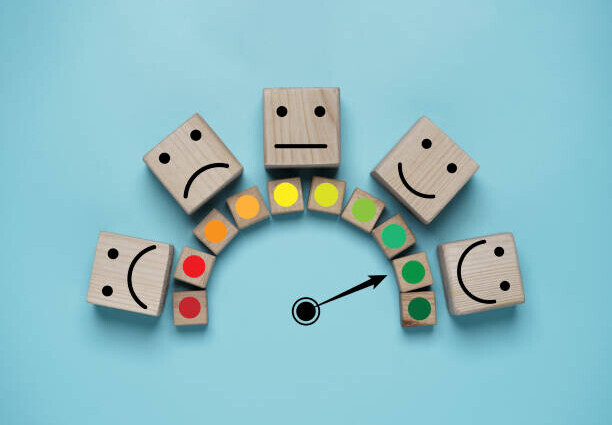Developing Emotional Intelligence

So, what exactly is Emotional Intelligence? It’s the ability to recognize, understand, and manage not just our own emotions, but also the emotions of those around us. This isn’t some abstract concept reserved for therapists or counselors; it actually plays a major role in everything we do, from managing stress at work to developing deeper personal relationships.
There are five key components that make up emotional intelligence: self-awareness, self-regulation, motivation, empathy, and social skills. Think of self-awareness as your personal mindfulness radar. It’s about knowing what you’re feeling and why. Self-regulation follows as the ability to manage those feelings, especially in high-stress situations. Motivation isn’t just about enthusiasm, but also understanding what truly drives you. Empathy, on the other hand, is your bridge to the feelings of others, while social skills help in navigating and nurturing your professional and personal connections.
Emotional intelligence isn’t some fluffy self-help term; it’s backed by scientific evidence through a ton of research studies. These studies consistently show that people with high emotional intelligence tend to have better mental health, job performance, leadership skills, and relationships.
Real-life examples abound. Take that manager who inspires her team to excel, or the teacher who can connect with students beyond textbooks. They’re not just born with this magic touch. They’ve honed their emotional intelligence, understanding the profound impact it has not just on what they do, but on those around them.
Emotion as a Guide: How Our Feelings Influence Actions
Emotions are tricky. Whether it’s a rush of adrenaline from excitement or the sinking feeling when something goes wrong, emotions play a significant role in how we decide and act. They’re like the unseen puppeteers pulling the strings of our behavior, often without us even realizing it.
Decision-making is tightly linked with how we feel. For example, anxiety can make you second-guess choices, while a burst of happiness might lead you to take risks you wouldn’t normally consider. Understanding this connection can help us steer our decisions more consciously.
There are loads of scenarios where emotions directly influence behavior. In high-stress situations, like meeting tight deadlines or giving a major presentation, emotions can heighten the sense of urgency or cloud judgment. On the flip side, feeling joyful often boosts creativity and productivity.
Neurotransmitters such as dopamine and serotonin are key players in this emotional-game. They’re the chemicals in the brain that play a big part in our mood, influencing everything from how we cope with challenges to how we communicate with others.
Recognizing emotional triggers is essential for managing them. By identifying what sets off certain emotions, we can learn to respond, rather than react, when they flare up. It’s all about training your emotional muscle. Embrace techniques like mindfulness or cognitive reframing. These strategies offer new ways to handle emotional reactions, so we’re not left powerless in their wake.
Building a Path to Better Emotional Intelligence
Improving emotional intelligence isn’t just a one-time event, it’s an ongoing journey. Start by focusing on each part of emotional intelligence and figuring out how to strengthen them in your day-to-day life.
Boosting self-awareness takes some introspection. Begin by regularly checking in with yourself. An honest look at your own emotions, like noting when and why certain feelings pop up, sets a strong foundation. Journaling might help in tracking these patterns.
When it comes to self-regulation, it’s about taking control. Develop healthy coping mechanisms to manage stress and impulses, whether it’s through breathing exercises or even short walks. This is all about creating space between feeling and reacting.
Motivation thrives on understanding what truly matters to you. Set personal goals that align with these values. Breaking down long-term goals into manageable steps can maintain motivation and allow for celebration of small victories along the way.
Empathy, a core part of emotional intelligence, can be enhanced by actively listening to others. When in conversations, try to absorb what’s being said without the urge to plan your next reply immediately. It’s about resonating with others, not merely hearing them.
To round it out, social skills can be practiced in everyday interactions. Pay attention to body language, ask questions, and engage genuinely with those around you. It’s these small, consistent efforts that lead to stronger connections and more effective communication.
Mindfulness ties it all together. By staying present, you get better at recognizing and responding to your emotions and the emotions of those around you. Regularly engaging in mindfulness exercises can nurture a heightened emotional state, making interactions both meaningful and effective.


